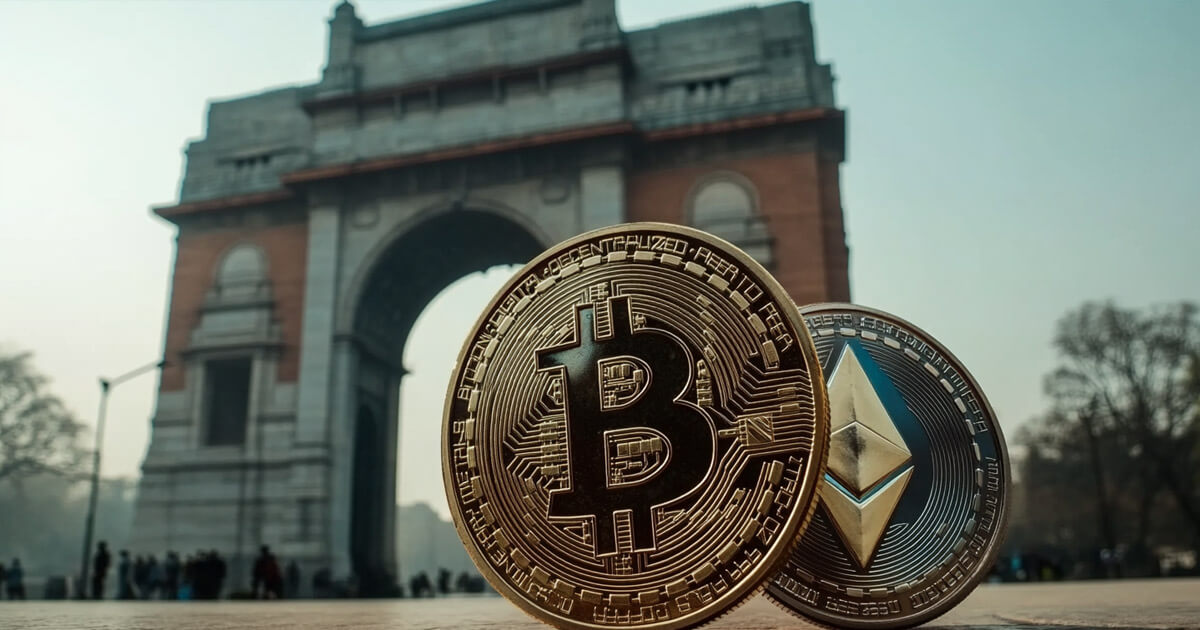Indian regulators are considering banning private cryptocurrencies like Bitcoin and prefer the potential of central bank digital currencies (CBDCs) to offer safer and more inclusive financial systems, according to local media reports.
The government has consulted key institutions on the issue, and many favor prohibiting private cryptos. They emphasize that any potential benefits, such as ease of benefits transfer, can be achieved with the country’s digital rupee, the report said.
An official told reporters anonymously:
“CBDCs can do whatever private cryptocurrencies claim to do, but with far fewer risks.”
They also stated that stablecoins — cryptocurrencies pegged to assets like gold — are not as secure as often believed. The news comes despite India’s position as the global leader in crypto adoption.
Preference for CBDCs
The discussions come ahead of a planned government discussion paper, with regulators stressing that the risks posed by cryptocurrencies, including stablecoins, outweigh any advantages.
India, which endorsed the International Monetary Fund (IMF) and Financial Stability Board’s (FSB) 2023 synthesis paper on crypto regulation as part of the G20, may take an even stricter approach. While the synthesis paper supports minimum regulation, it allows nations to impose stricter measures, including a total ban on private digital currencies.
Officials advocating for a ban argue that blockchain, the technology behind cryptocurrencies, can still be used for other socially beneficial purposes. They mentioned blockchain’s potential applications in tokenizing government securities, providing credit to underserved communities, and more effectively targeting subsidies.
In recent remarks, Reserve Bank of India (RBI) Governor Shaktikanta Das praised CBDCs’ programmability, which he said could play a pivotal role in financial inclusion.
He said during a recent speech:
“CBDCs can ensure that funds reach their intended recipients without leakage.”
India’s CBDC, the digital rupee, launched in the wholesale segment in November 2022, followed by a retail pilot in December of the same year.
Since then, the retail initiative has grown to include over 5 million users and 16 participating banks. State Bank of India (SBI) has also explored CBDC usage with tenant farmers in Odisha and Andhra Pradesh, offering targeted loans for agricultural purposes.
Officials believe that the digital rupee holds significant promise not only for domestic financial transactions but also for international payments. The government is planning to expand its CBDC pilot programs gradually after reviewing performance data.
While the final decision on banning private cryptocurrencies has not yet been made, India’s growing support for the digital rupee suggests a strong preference for central bank-controlled digital currencies over decentralized alternatives.
